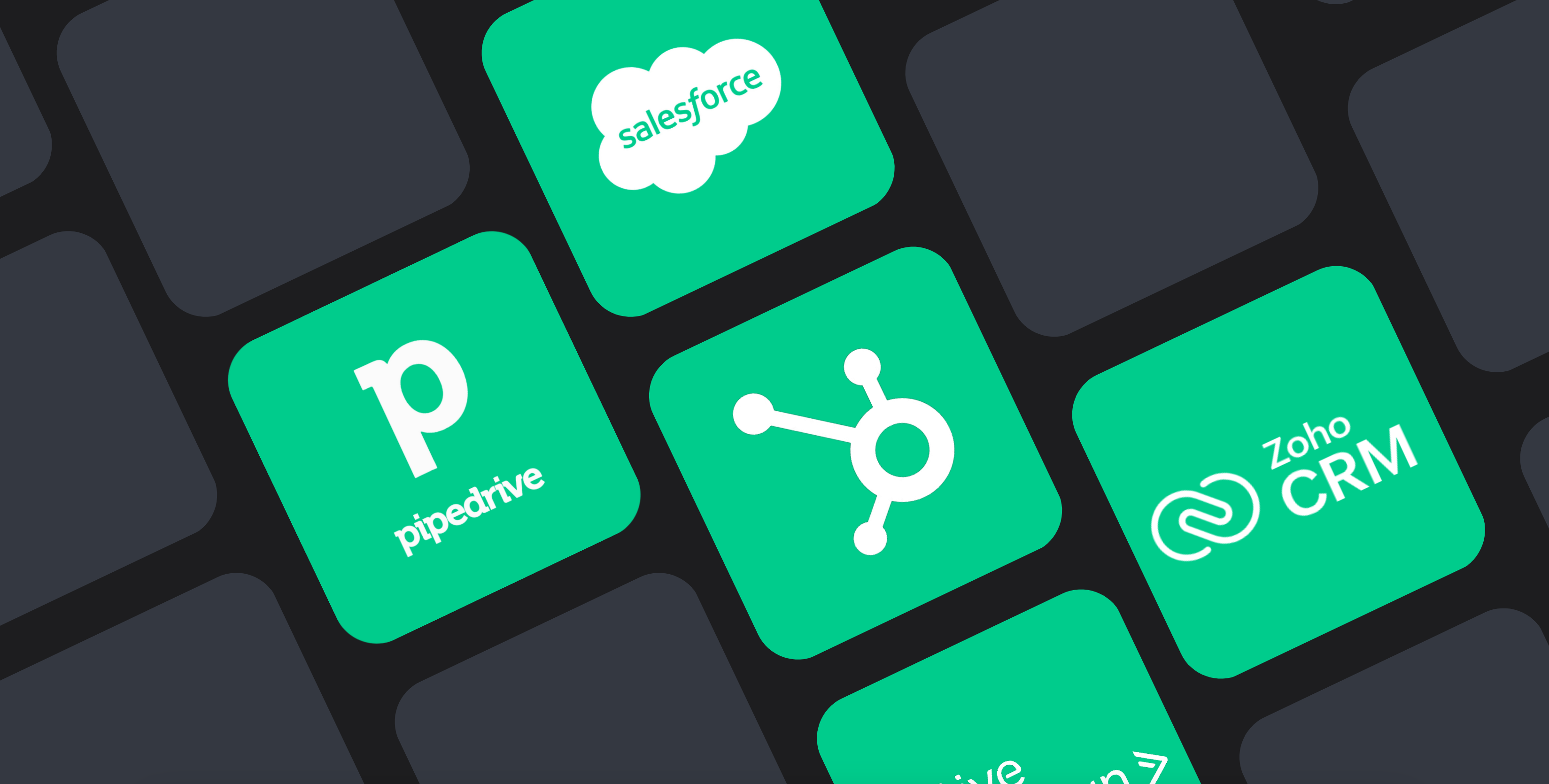Best CRM Software – In today’s competitive business landscape, managing customer relationships effectively is crucial for sustained growth and profitability. CRM (Customer Relationship Management) software plays a pivotal role in helping businesses streamline their processes, improve customer interactions, and drive sales. This comprehensive guide explores everything you need to know about CRM software, from its fundamental features to selecting the right solution for your business needs.
Importance of CRM Software
Enhancing Customer Relationships
CRM software enables personalized communication and targeted marketing efforts, fostering stronger relationships with customers.
Improving Sales Processes
By automating workflows and providing insights into customer behavior, CRM software helps sales teams optimize their strategies and close deals more efficiently.
Types of CRM Software
Operational CRM
Focuses on automating and improving customer-facing processes such as sales automation, marketing automation, and service automation.
Analytical CRM
Emphasizes analyzing customer data to gain insights into trends and patterns, which can be used to make informed business decisions.
Collaborative CRM
Facilitates communication and collaboration with customers across different departments, enhancing the overall customer experience.
Key Features to Look For
Contact Management
Centralizes customer information, including contact details, interactions, and preferences, for easy access and management.
Sales Pipeline Management
Tracks the progress of leads and opportunities through the sales pipeline, providing visibility into each stage of the sales process.
Reporting and Analytics
Generates detailed reports and analytics on sales performance, customer behavior, and ROI to guide strategic decision-making.
Benefits of Using CRM Software
Increased Productivity
Automates repetitive tasks, reduces manual data entry, and improves workflow efficiency, allowing teams to focus on more strategic activities.
Better Customer Service
Enables prompt responses to customer inquiries, personalized service delivery, and proactive issue resolution, enhancing overall customer satisfaction.
Enhanced Data Security
Provides robust data encryption, access controls, and compliance with data protection regulations, ensuring the security and privacy of customer information.
How to Choose the Right CRM Software
Assessing Your Business Needs
Identify your specific requirements, such as scalability, integration capabilities, and industry-specific features, to find a CRM solution that aligns with your goals.
Scalability and Integration
Choose a CRM software that can grow with your business and seamlessly integrate with your existing tools and systems for optimal efficiency.
User Interface and Experience
Prioritize user-friendly interfaces and intuitive design that facilitate easy adoption and minimal training for your team.
Top CRM Software Providers
Salesforce
Known for its extensive customization options, robust analytics, and scalability, Salesforce is a popular choice for businesses of all sizes.
HubSpot CRM
Offers a user-friendly interface, integrated marketing automation, and a free version with essential CRM features ideal for small to medium-sized businesses.
Zoho CRM
Provides a comprehensive suite of CRM tools, including sales automation, marketing automation, and customer support, at competitive pricing.
Implementation and Training
Onboarding Process
Plan a structured onboarding process to ensure a smooth transition to the new CRM software, involving key stakeholders and training sessions.
Training Your Team
Invest in training programs to familiarize your team with the CRM software’s features and functionalities, empowering them to use it effectively.
Integration with Existing Systems
Ensure seamless integration with your existing ERP, marketing automation, and customer support systems to maximize the CRM software’s utility.
Best Practices for CRM Software Usage
Regular Data Maintenance
Clean and update customer data regularly to ensure accuracy and relevance, maximizing the effectiveness of your CRM system.
Continuous Improvement
Gather feedback from users and stakeholders to identify areas for improvement and implement updates or customizations accordingly.
Feedback Loops
Establish feedback loops with customers to gather insights, address concerns, and continuously refine your customer relationship strategies.
Conclusion
CRM software is more than just a tool; it’s a strategic asset that empowers businesses to build lasting customer relationships, drive sales growth, and enhance operational efficiency. By choosing the right CRM solution and implementing best practices, businesses can unlock significant competitive advantages in today’s dynamic marketplace.
